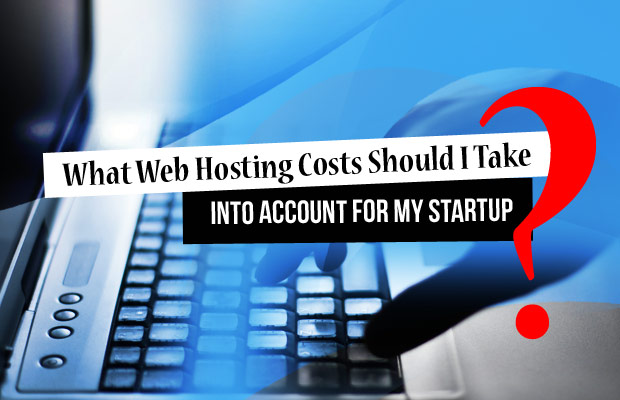For new startups, hosting infrastructure has never been cheaper. With popular cloud hosting options like AWS, Rackspace, Azure, Heroku etc., all providing affordable, scalable hosting options and access to infrastructure that would have cost a startup hundreds of thousands, if not millions of dollars not too long ago.
At the same time, web hosting costs can still creep up on a startup that has little revenue and minimal capital. What are some of the most important hosting cost considerations that founders should keep in mind?

Downtime
As a startup, your hosting is a mission critical aspect of your business. While it may be cheap and easy to simply setup on Amazon, if you fail to architect your system correctly, the resulting downtime could end up being the biggest cost to your start up. It can be the difference between success and failure.
Taking the time and money to ensure that your startup is protected against unexpected downtime will be crucial for your success. While this may require a larger investment upfront, it’ll save you money and headaches down the road.
System Administrator
While you can offset some of the costs of having a dedicated sysadmin or dev ops team by going with a managed hosting provider, you will need in-house knowledge to manage your infrastructure layer if you’re planning on achieving any sort of scale. If none of your founders have this particular skillset, you may need to allocate some of your budget to hiring a dedicated system administrator. Even if your founders have the ability to wear multiple hats, managing your hosting infrastructure will still cost your start up in valuable man hours.
Remember, if you don’t have the assets in place to set up and manage your infrastructure, you’re leaving the security and performance of your entire business in the hands of a 3rd party provider that may have hundreds of thousands of other websites to deal with.
Content Distribution Network (CDN)
A good CDN will significantly increase the speed and reliability of your website. In many cases, it can also save you money. But before you go out and engage a CDN, take the time to monitor and understand your traffic needs so you’ll have an idea of where you’ll fall in the price matrix. Perhaps the best way to cut costs on your CDN is to choose a hosting provider that also provides integrated CDN services (e.g. Amazon s3 w/ Cloudfront or Cloud Files from Rackspace) – you’ll usually save over engaging a 3rdparty CDN provider. Whatever you choose, take the time to understand your traffic needs (both current and projected), and do your research to locate the best pricing available.
For most startups, the actual cost of cloud hosting itself won’t be your main expense – it’s the other unexpected costs that can land a startup in financial peril.